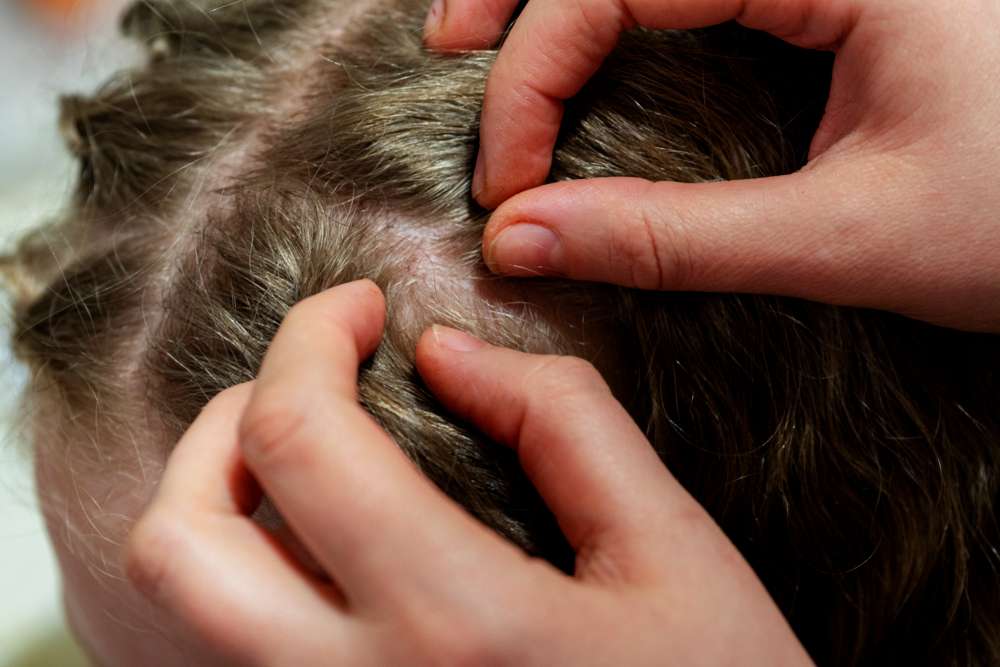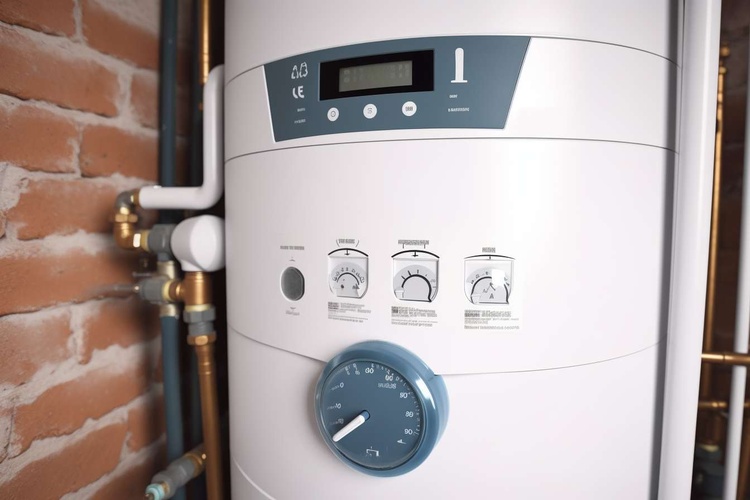Comprehensive Care for COPD and Related Health Conditions
Chronic Obstructive Pulmonary Disease (COPD) is a progressive lung condition that requires comprehensive management to improve quality of life and slow disease progression. This article explores the multifaceted approach to COPD treatment, including medical interventions, lifestyle modifications, and support programs designed to help patients breathe easier and maintain overall health.

What are the primary medical treatments for COPD?
Medical treatments for COPD aim to alleviate symptoms, reduce exacerbations, and improve lung function. Bronchodilators, often delivered through inhalers, are the cornerstone of COPD treatment. These medications help relax and open the airways, making breathing easier. For more severe cases, inhaled corticosteroids may be prescribed to reduce inflammation in the airways. In addition, some patients may benefit from combination inhalers that include both bronchodilators and corticosteroids.
Oxygen therapy is another crucial treatment for patients with advanced COPD who have low blood oxygen levels. This therapy can be administered at home through various devices, improving oxygen saturation and reducing strain on the heart and lungs. In severe cases or during exacerbations, oral corticosteroids or antibiotics may be necessary to manage acute symptoms and infections.
How can lifestyle changes improve COPD management?
Lifestyle changes play a pivotal role in COPD management, often complementing medical treatments and significantly improving patient outcomes. The most critical lifestyle change for COPD patients is smoking cessation. Quitting smoking is the single most effective way to slow the progression of COPD and improve overall lung health. Healthcare providers can offer various smoking cessation aids and support programs to help patients overcome this challenge.
Regular exercise is another essential aspect of COPD management. Pulmonary rehabilitation programs, which combine exercise training, education, and support, can help patients build endurance, reduce shortness of breath, and improve their ability to perform daily activities. These programs typically include supervised exercises tailored to the individual’s capacity and gradually increase in intensity over time.
What dietary considerations are important for COPD patients?
A well-balanced diet is crucial for COPD patients to maintain overall health and manage symptoms effectively. Proper nutrition can help maintain a healthy weight, which is important as both being overweight or underweight can exacerbate COPD symptoms. A diet rich in fruits, vegetables, whole grains, and lean proteins can provide the necessary nutrients and energy for COPD patients.
Some COPD patients may benefit from eating smaller, more frequent meals throughout the day to avoid feeling overly full, which can make breathing more difficult. Adequate hydration is also essential, as it helps keep mucus thin and easier to clear from the airways. In some cases, dietary supplements may be recommended to address specific nutritional deficiencies or support overall lung health.
How do COPD support programs enhance patient care?
COPD support programs are invaluable resources for patients and their caregivers, offering education, emotional support, and practical advice for managing the condition. These programs often include group sessions where patients can share experiences and learn from others facing similar challenges. Many support programs also provide access to healthcare professionals who can offer personalized advice on medication management, breathing techniques, and coping strategies.
Online support communities and resources have become increasingly popular, allowing patients to connect with others and access information from the comfort of their homes. These platforms often include forums, webinars, and educational materials covering various aspects of COPD management. Additionally, some support programs offer home visits or telehealth services to provide more personalized care and monitoring.
What role does pulmonary rehabilitation play in COPD treatment?
Pulmonary rehabilitation is a comprehensive program that combines exercise, education, and support to help COPD patients improve their physical and emotional well-being. These programs typically run for several weeks and are led by a team of healthcare professionals, including respiratory therapists, physical therapists, and nutritionists. The exercise component helps patients build strength and endurance, while educational sessions cover topics such as breathing techniques, medication management, and stress reduction.
Pulmonary rehabilitation has been shown to improve exercise capacity, reduce shortness of breath, and enhance quality of life for COPD patients. It also helps patients develop self-management skills, which can lead to fewer hospitalizations and better overall disease control. Many patients find that completing a pulmonary rehabilitation program gives them the confidence and tools to better manage their condition in daily life.
How can technology assist in COPD management and monitoring?
Advancements in technology have opened up new possibilities for COPD management and monitoring. Portable spirometers and peak flow meters allow patients to track their lung function at home, providing valuable data to healthcare providers. Mobile apps can help patients monitor symptoms, track medication use, and receive reminders for treatments or appointments. Some apps even integrate with wearable devices to monitor activity levels and oxygen saturation.
Telehealth services have become increasingly important in COPD care, enabling remote consultations with healthcare providers. This can be particularly beneficial for patients who have difficulty traveling to appointments or live in rural areas. Additionally, remote monitoring systems can alert healthcare providers to changes in a patient’s condition, allowing for earlier intervention and potentially preventing exacerbations or hospitalizations.
In conclusion, comprehensive care for COPD involves a multifaceted approach that combines medical treatments, lifestyle modifications, support programs, and technology. By addressing all aspects of the condition and providing ongoing support and education, healthcare providers can help COPD patients achieve better symptom control, improved quality of life, and slower disease progression. As research continues and new treatments emerge, the outlook for COPD patients continues to improve, offering hope for more effective management strategies in the future.
This article is for informational purposes only and should not be considered medical advice. Please consult a qualified healthcare professional for personalized guidance and treatment.




